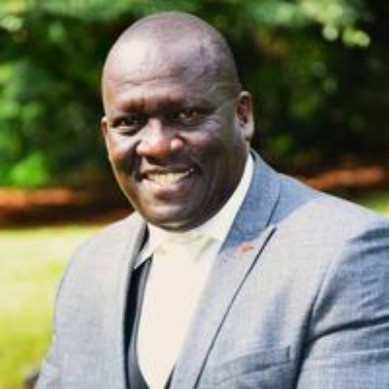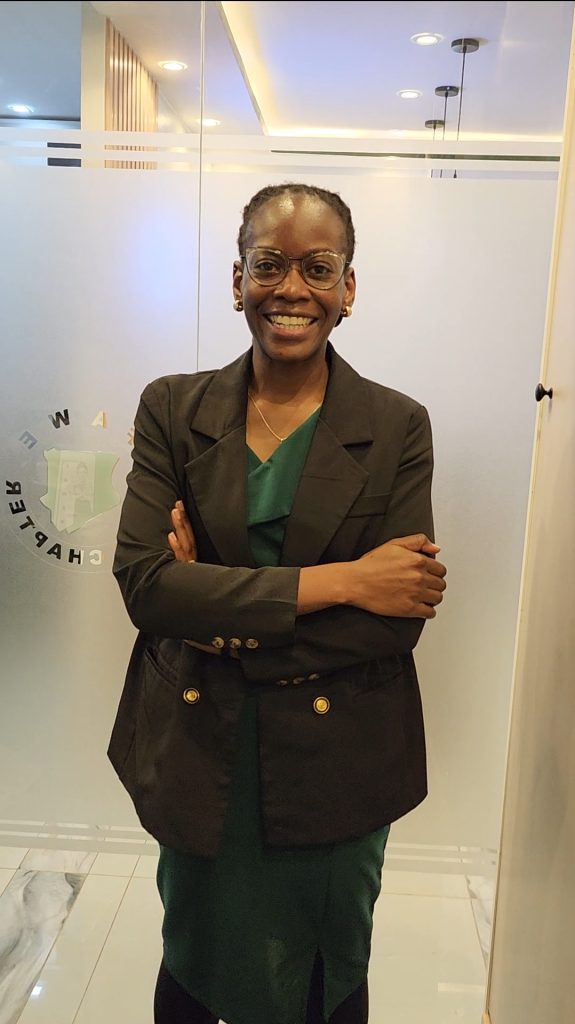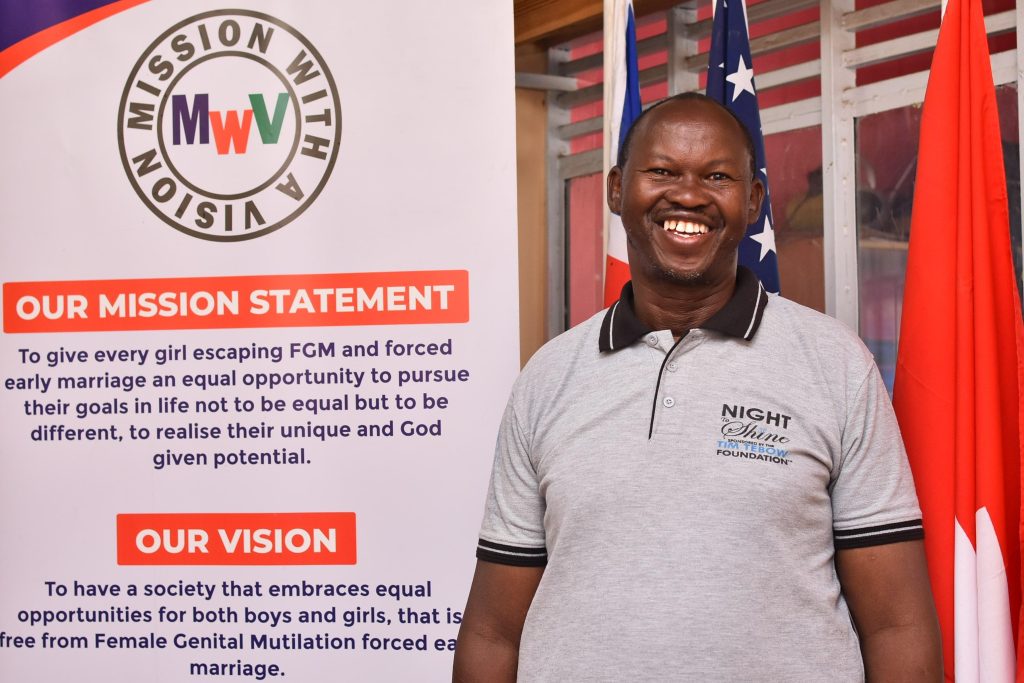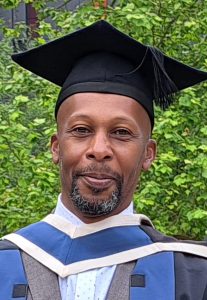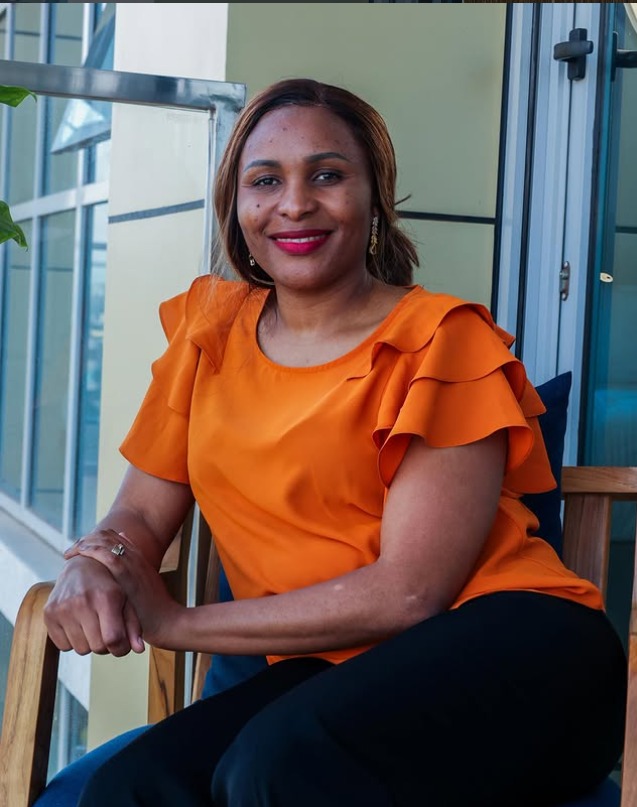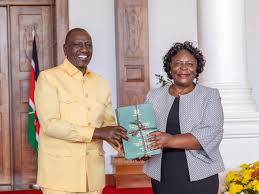By Wahome Ngatia
If the crumbling hospitals, runaway corruption and suffocating cost of living still haven’t nudged Kenyans to the ballot, then nothing will — so says Uraia Trust Executive Director Oliver Waindi, issuing one of his bluntest calls yet for civic participation.
For more than two decades, Uraia Trust has stood at the centre of Kenya’s civic education efforts. It has been one of the most consistent supporters of the Independent Electoral and Boundaries Commission (IEBC), tirelessly urging the public to register and vote. But today, Waindi believes the responsibility now rests squarely with the electorate.
“This message should especially reach the Gen Zs,” he says. “We, the older generation, have already lived our lives. Gen Zs are just starting out — they deserve governance systems that nurture opportunities for work, growth and development.”
With 2027 fast approaching, the IEBC has reopened voter registration, targeting more than 10 million new voters. Yet Waindi insists that civil society can only do so much.
“One thing Kenyans need to remember is that in 2022, less than half of registered voters showed up,” he recounts. “Many preferred to stay home watching cartoons on voting day. Now, whether you voted or not, we are all living through the consequences of poor leadership.”
Waindi spoke to NGOs Hub on the eve of the NGOs Awards, slated for 14th November at the Grand Argyle Hotel from 6 p.m. Organized by Awesome Concepts alongside partners such as Teki Ltd., the ceremony will bring together NGOs from across the country — a rare room of mission-driven organizations networking, learning and celebrating collective impact.
More than 90 organizations were nominated across 18 categories. Voting closed on 6th November to allow judges time to determine this year’s winners. The black-tie event invites attendees to secure their tickets via Kenya Buzz.
For Waindi, the moment is bigger than any single ceremony. It is a reminder that democracy is not a spectator sport — and that the cost of silence is far greater than the effort of showing up.
“Bad leadership is already teaching us its lessons,” he says. “The question is whether Kenyans are ready to learn from them — and act.”

